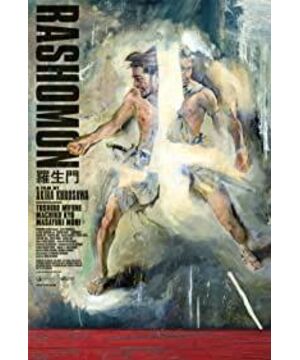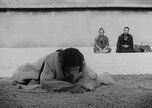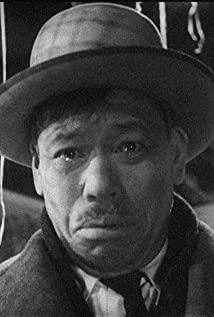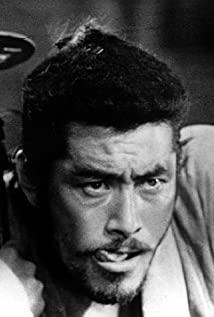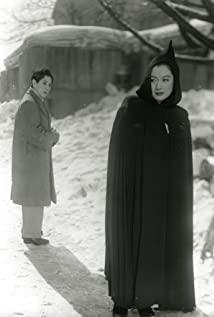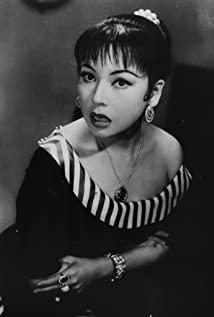Rashonmon, the film that first introduced Japanese cinema to the world, was directed by Akira Kurosawa. It discusses many sides of the human natures through four versions of truth told by different people. The story unfolds at a time when Japan was going through a big social transition from aristocracy to feudalism. This was a time characterized by social turmoil, chaos and disorder. People's descriptions of the murder serve for their own interest and reflect their inner-self. Keiko I. McDonald argues that “the existence of the conflicting stories implies that if man is put through the ordeal of life, the way he acts will reveal his inner nature.”
The woodcutter explains that he didn't see the dagger, which excuses him of the theft. The wife, Masago, confesses that she was raped, while others says she didn't resist the sexual encounters. In Tajumaro`'s confession, he describes his battle with the samurai, showing his skills on swordsmanship. The husband's confession through Masago's spiritual practice indicates that he wants to hide his fear, weakness and cowardice. Kurosawa reveals the cruel fact that people are tend to be driven by their inner impulses under the extreme environment in order to protect themselves and be morally sound, though they need to lie or blame on others.
The conversation at the end of the film reaffirms each person's stance. The priest says "It's inevitable to be suspicious of others on a day like this." The woodcutter says, "I don't want this place to be hell." While the commoner says “If you're not selfish, you can't survive.” Each person's stance here is evidence. Though Kurosawa seems to blame more on the outside world rather than on human's moral nature, his own stand of point remains unclear. As McDonald maintains that “It's difficult to maintain a melioristic stance in the fragmented world.”
View more about Rashomon reviews


